In the Real-Time Economy project, joint development is carried out in trials and workshops in cooperation with businesses, public administration and stakeholders. A joint development workshop, Using account-level information in accounting, open to all, was organised in January.
The participants felt that joint development was useful because it yielded a wide range of comments from different actors and a better overall picture of the usability of the solutions.
The workshop is part of the trial Simplifying reporting with a long profit and loss statement. In the project, we develop proposed solutions for the common desired state of official reporting, where businesses will not have to submit the same information to several different authorities. In accordance with the one-time principle, the information would be transferred to those who need it at the same time. The development is done through trials that aim to verify the functionality of different implementation methods in practice from the point of view of different economy actors.
The aim of the Simplifying reporting with a long profit and loss statement trial is to verify how the so-called long income statement and balance sheet presented at account level in the general ledger would serve the needs of various authorities and other information users. The focus of the trial is studying the information needed for income tax reporting and statistics. The standardisation of the data content is based on the content of Kirjurituote Oy’s Liikekirjuri account chart. Another aspect of the trial is a standard way of presenting information that would enable its automated use in different systems. The trial used the XBRL GL specification as the file format.
The goals of the joint development workshop were:
- Understand the various use cases and benefits of account-level information in bookkeeping (other than official reporting)
- Validating the observations made in the trial
- Further usability of account-level information by company itself and by third parties
- Setting the orientation of the following trials, for example regarding the level and content of information used
The workshop participants comprehensively represented different industries, e.g., businesses, the field of financial administration, system suppliers, the financial sector and authorities. The total number of participants was 30, 18 of whom were representatives of different sectors and 12 were project workers.
The workshop content consisted of three parts, the first of which aimed to identify new use cases for the data content of the long income statement and balance sheet. Various use cases were identified in:
- the activities of businesses and stakeholders: for example data analysis
- the activities of authorities: for example, public financial activities
- other activities: for example auditing
The second part of the workshop worked on possibilities for standardising the content of accounting information. The proposed solutions ranged between a standardised chart of accounts and a reference data map and monitoring targets. It was noted as an observation that businesses should be able to use their own chart of accounts. In order for data to be usable between different charts of accounts, its contents must be mapped between the internal chart of accounts and the standardised (reference) chart. In addition to this, additional monitoring items, i.e., dimensions for taxation and statistical breakdowns, are needed.
At the end of the workshop, guidelines for subsequent trials were charted. Among other things, data at the event and document levels and standard interfaces received support.
The project plans the next trial based on the obtained results. See the Real-Time Economy project’s project site for trials open for applications.
